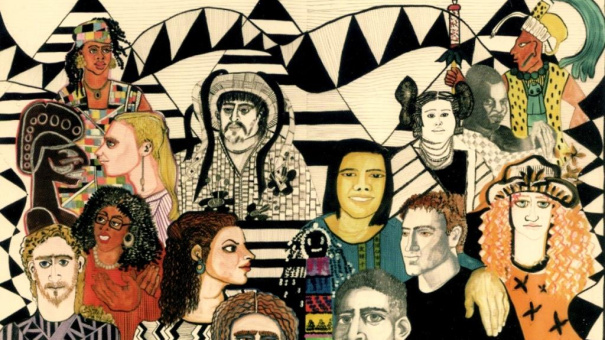The idea that “diversity is a strength” is obviously false. It may be politically correct to repeat the slogan ad nauseam, but it has no basis in actual reality.
The new peer reviewed study, entitled ‘Ethnic Diversity and Social Trust: A Narrative and Meta-Analytical Review’, was conducted by Peter Thisted Dinesen and Merlin Schaeffer from the University of Copenhagen and Kim Mannemar Sønderskov from Aarhus University.
The review clarified the core concepts, highlighted pertinent debates, and tested core claims from the literature on the relationship between ethnic diversity and social trust. Several results stood out from the meta-analysis.
The researchers wanted to know whether “continued immigration and corresponding growing ethnic diversity” was having a positive impact on community cohesion, but the study found no evidence of this notion which has been aggressively advanced by the establishment.
Studying existing literature and also carrying out a meta-analysis of 1 001 estimates from 87 studies, the Danish academics concluded, “We find a statistically significant negative relationship between ethnic diversity and social trust across all studies.”
Eric Kaufmann, Professor of Politics at the Birkbeck University of London, tweeted the findings of the study, commenting, “Higher diversity *is* significantly associated with lower trust in communities, even when controlling for deprivation.”
It essentially means that mass immigration has been eroding community trust and is therefore harming society.
Previous studies from the US and Denmark have found that diversity causes a loss of social trust, or the ability of people to interact freely and with an expectation of fair treatment. This follows many years of research indicating that diversity and community are incompatible.
Robert Putnam found in his landmark study, ‘E Pluribus Unum: Diversity and Community in the Twenty-first Century’, that diversity decreases trust and the tendency to interact with social commons or other people, even among members of the same race.
“New evidence from the US suggests that in ethnically diverse neighbourhoods residents of all races tend to ‘hunker down’. Trust (even of one’s own race) is lower, altruism and community cooperation rarer, friends fewer.”
The thesis of Dr Eitan Adres from the School of Political Sciences at the University of Haifa, Israel, revealed that diversity — in addition to genetic and cultural genocide — also destroys any sense of social trust and work toward shared goals. In other words, diversity could turn citizens into sociopaths.
“The findings showed that the more people consider themselves to adhere to the values of globalization, consumerism, and individualism, and the more they regard themselves as ‘citizens of the world’ exposed to globalization, the less likely they are to contribute to public goods and the more likely they are to seek to be ‘free riders’ on the contributions of others.”
Researchers Neal and Neal similarly found that diversity destroys a sense of community. “The model suggests that when people form relationships with similar and nearby others, the contexts that offer opportunities to develop a respect for diversity are different from the contexts that foster a sense of community.”

